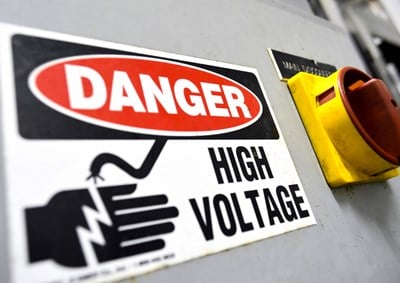Please refer to our patient resource page for information related to COVID-19.
Medical emergencies can be frightening and stressful, but it’s essential to know how to recognize the signs because correctly interpreting and acting on these signs could potentially save the life of a loved one or your own life one day. For many medical emergencies, time is of the essence, and delays in treatment can often lead to more serious consequences.
Because children are still growing, their medical issues can differ from those of adults. They also may display different signs and symptoms from adults when they become injured or sick, and their treatments may differ too.
Keep in mind, these do not represent every kind of sign or symptom that might occur, so if you think you or someone else may be having a medical emergency, call 911 or seek immediate medical care.
Adult Medical Emergency Symptoms
- Difficulty breathing, shortness of breath
- Chest or upper abdominal pain or pressure lasting two minutes or more
- Fainting, sudden dizziness, weakness
- Changes in vision
- Choking
- Head or spine injury
- Injury due to a serious motor vehicle accident, burns or smoke inhalation, near drowning, deep or large wound or other serious injuries
- Ingestion of a poisonous substance
- Difficulty speaking
- Confusion or changes in mental status, unusual behavior, difficulty waking
- Any sudden or severe pain
- Uncontrolled bleeding
- Severe or persistent vomiting or diarrhea
- Coughing or vomiting blood
- Suicidal or homicidal feelings
- Unusual abdominal pain
Pediatric Medical Emergency Symptoms
- Severe headache or vomiting, especially following a head injury
- Uncontrolled bleeding
- Inability to stand up or unsteady walking
- Unconsciousness
- Abnormal or difficult breathing
- Skin or lips that look blue or purple or gray
- Feeding or eating difficulties
- Increasing or severe, persistent pain
- Fever accompanied by change in behavior (especially with a severe, sudden headache accompanied by mental changes, neck/back stiffness)
- Any significant change from normal behavior:
- Confusion or delirium
- Decreasing responsiveness or alertness
- Excessive sleepiness
- Irritability
- Seizure
- Strange or withdrawn behavior
- Lethargy
 American College of Emergency Physicians
American College of Emergency Physicians







